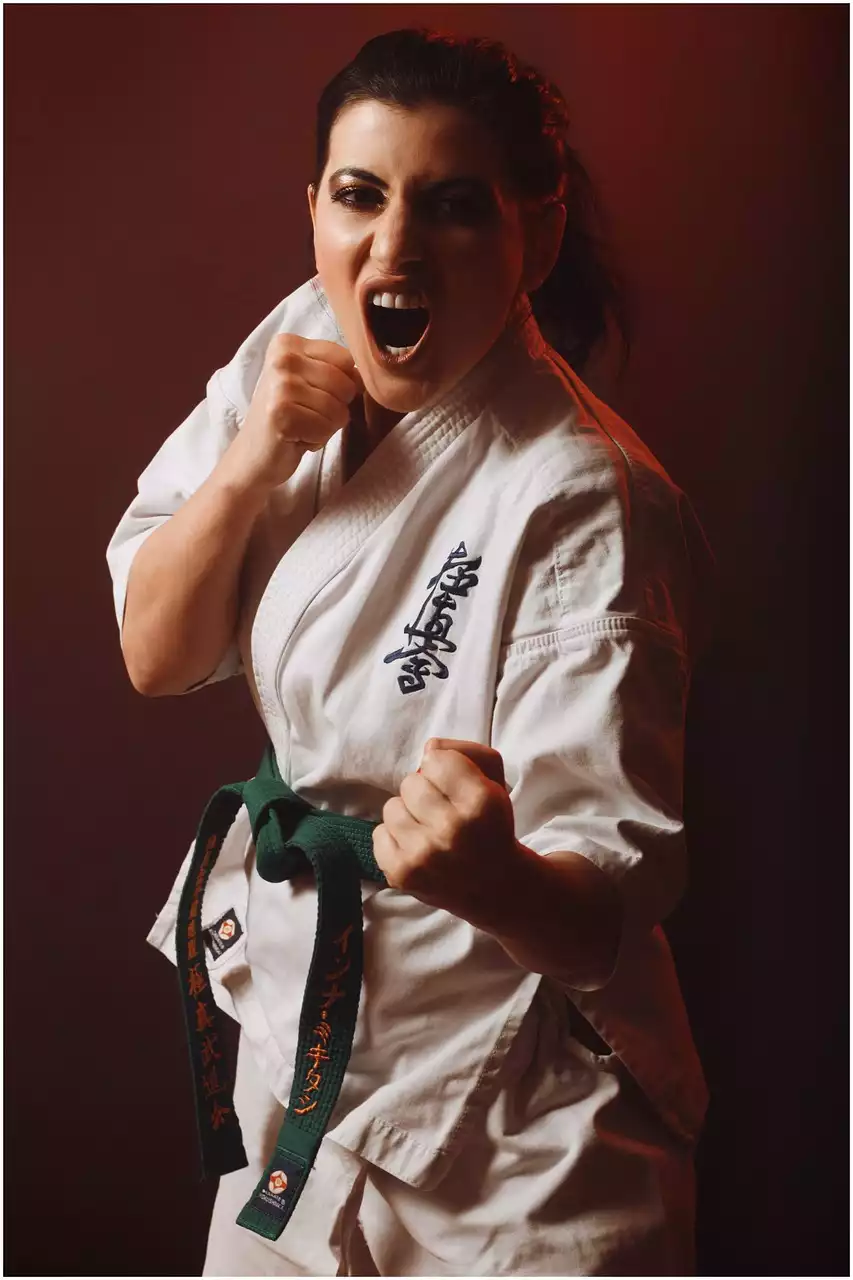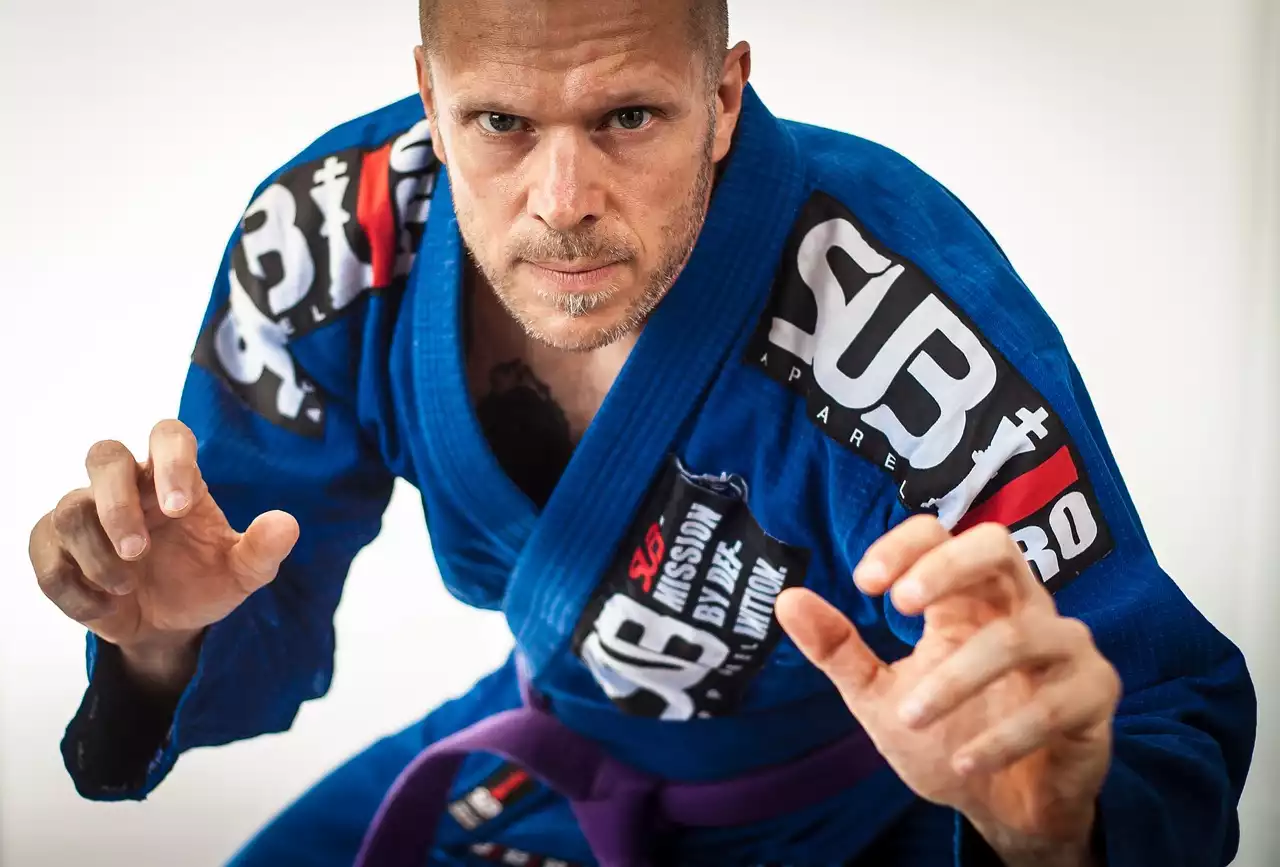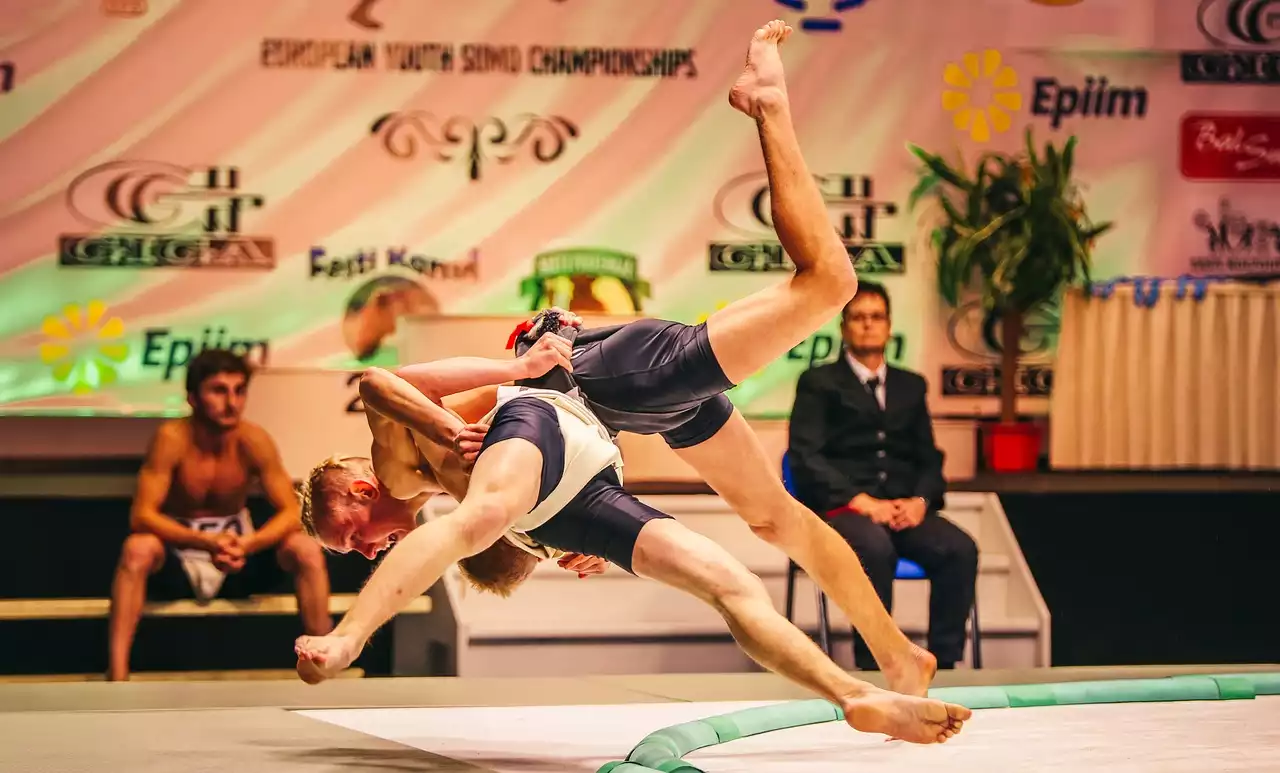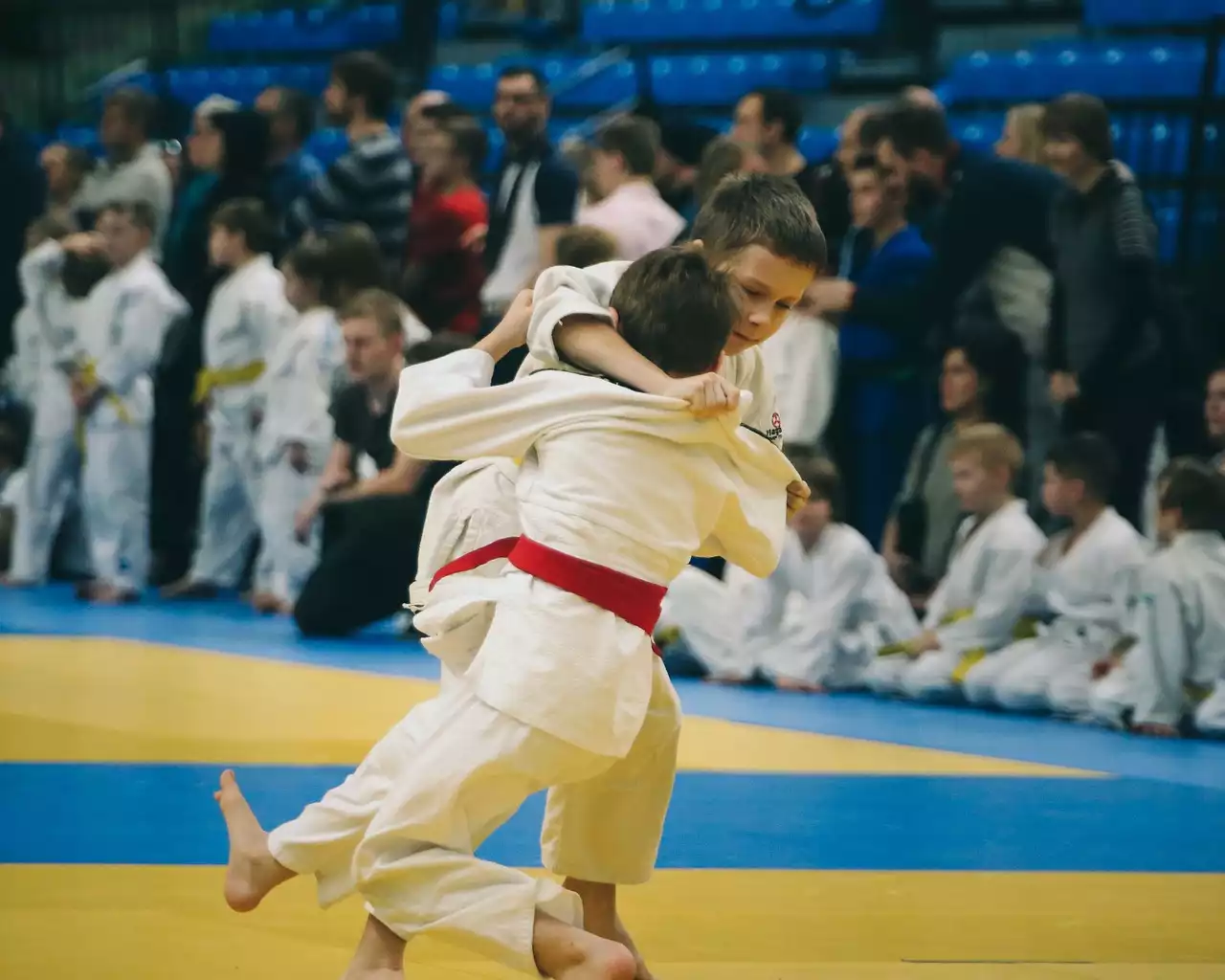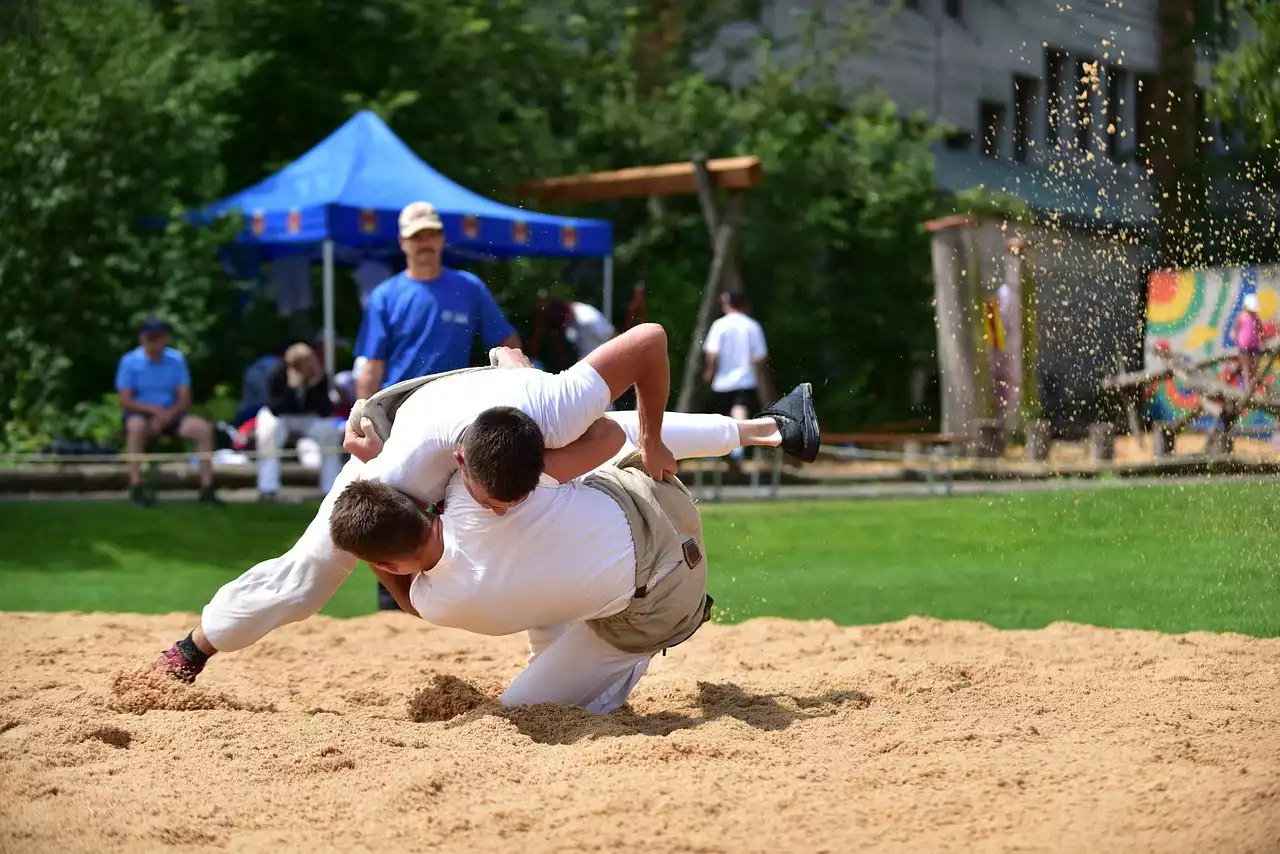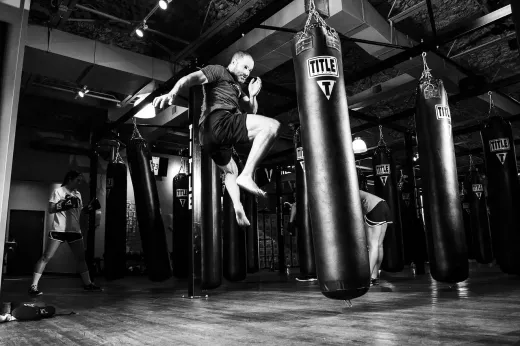Olympic Judo
The Olympic Games are the most prestigious sporting event in the world, and judo has been a part of the Olympic program since 1964. Olympic judo is the pinnacle of the sport, and only the best of the best can compete at this level. The competition is held every four years, and athletes from around the world come together to compete for gold, silver, and bronze medals.
Olympic judo follows a specific set of rules and regulations, which are designed to ensure fair play and safety for all competitors. Matches are typically five minutes long, with the winner being determined by either scoring an ippon (a full point) or accumulating more points than their opponent by the end of the match. Athletes are divided into weight classes, with men and women competing separately.
To qualify for the Olympic Games, athletes must first compete in continental and world championships and accumulate enough points to qualify. The road to the Olympics is long and challenging, but for those who make it, it is a dream come true.
The Art Of Judo (Highlights) | Olympics
World Judo Championships
The World Judo Championships are held every year and are the most important event in the judo calendar outside of the Olympic Games. The competition brings together the best judoka from around the world to compete for the title of world champion in their respective weight classes.
The World Judo Championships follow similar rules and regulations to Olympic judo, with matches being five minutes long and the winner is determined by either an ippon or by accumulating more points than their opponent. The competition is divided into weight categories, and there are separate competitions for men and women.
The World Judo Championships are a major event in the judo world, and winning a gold medal is a significant achievement for any athlete. The competition is also an opportunity for athletes to gain valuable experience and prepare for the Olympic Games.
Judo World Championships 2022 - TOP IPPONS
Continental Judo Championships
Continental Judo Championships are held annually and bring together athletes from different countries within a particular continent. For example, the Pan American Judo Championships bring together athletes from North, Central, and South America, while the European Judo Championships bring together athletes from Europe.
The Continental Judo Championships follow similar rules and regulations to Olympic and World Judo, with matches being five minutes long and the winner is determined by either an ippon or by accumulating more points than their opponent. The competition is divided into weight categories, and there are separate competitions for men and women.
Winning a Continental Judo Championship is a significant achievement for any athlete, and it is often a stepping stone to competing at the World and Olympic levels.
National Judo Championships
National Judo Championships are held annually in many countries and bring together the best judoka from different regions within the country. The competition is often used as a qualifier for international competitions, such as the Continental and World Judo Championships.
National Judo Championships follow similar rules and regulations to Olympic and World Judo, with matches being five minutes long and the winner is determined by either an ippon or by accumulating more points than their opponent. The competition is divided into weight categories, and there are separate competitions for men and women.
For athletes, winning a National Judo Championship is a significant achievement and can lead to opportunities to compete at the international level.
Regional and Local Judo Tournaments
In addition to the major international and national judo competitions, there are also many regional and local tournaments held throughout the year. These tournaments are often organized by local judo clubs and bring together athletes from the surrounding area.
Regional and local judo tournaments follow similar rules and regulations to the larger competitions, but they may have some variations based on the preferences of the organizers. The competition is typically divided into weight categories, and there are separate competitions for men and women.
Regional and local judo tournaments are a great way for athletes to gain experience and improve their skills, as well as for beginners to get a taste of competition in a less intimidating environment.
Judo Competition Rules and Regulations
Judo competitions follow a specific set of rules and regulations, which are designed to ensure fair play and safety for all competitors. The rules may vary slightly depending on the type of competition, but the basic principles are the same.
Matches are typically five minutes long, with the winner being determined by either scoring an ippon (a full point) or accumulating more points than their opponent by the end of the match. Athletes are divided into weight classes, with men and women competing separately.
The rules of judo also dictate certain techniques that are allowed and prohibited during competition. For example, athletes are not allowed to strike their opponents or use any other type of violent behavior. They must also wear a specific uniform, which consists of a jacket, pants, and a belt.
Preparing for a Judo Competition
Preparing for a judo competition requires a combination of physical and mental training. Athletes must be in top physical condition to perform at their best, and they must also have the mental toughness to handle the pressure of competition.
Physical training for judo involves a combination of strength training, cardio, and skill development. Athletes must work on developing their strength and endurance, as well as practicing the various techniques and strategies used in competition.
Mental training for judo involves developing focus, concentration, and resilience. Athletes must be able to stay calm and focused under pressure, and they must also be able to bounce back from setbacks and failures.
In conclusion, judo competitions are an exciting way for practitioners to showcase their skills and compete against other talented athletes. Understanding the different types of judo tournaments and their rules and regulations is essential for anyone who wants to participate in or follow the sport. Whether you are a seasoned competitor or a curious spectator, this article has given you a better understanding of the different types of judo tournaments and what to expect from each one.
